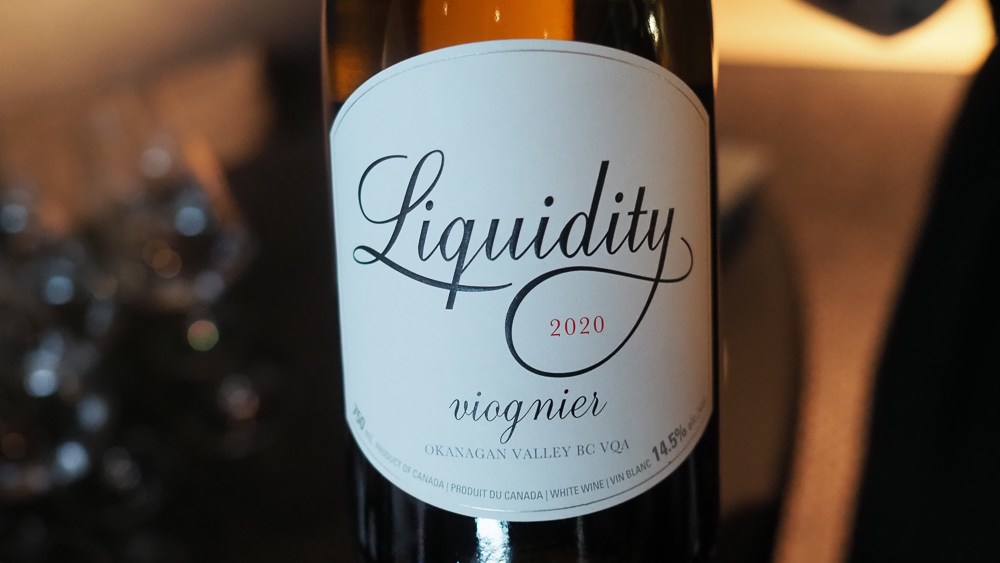
We are on a journey from residents, to citizens and neighbours. I remember when I first bought my home in Chestermere, and I moved in. It was a new neighbourhood with dirty streets and the sound of construction all around. Our home was new, our yard was a muddy mess, and we knew no one on our street. We were residents. We lived here, but we were not known. Our goal, however, is not to stay as mere residents. Even if we’re quiet and like to keep to ourselves, we can go on a journey that takes us to a better place.
Citizens are not just residents. Citizens have an emerging interest in their city. They love their place, care about its wellbeing, and pay attention in ways residents might not. Citizens find their identity in their place, they become ‘Chestermerians’ and hope for the best for their city.
A neighbour, I believe, takes it a step further. They care for their city as a whole, but they also care for their city in particular. They care about the people beside them. Neighbours know names and they know the stories of the people around them. Neighbours embrace being a part of the fabric of their city because they see the people around them. Residents can get along without knowing others, but neighbours know others because of the joy of getting along.
Who are we becoming in Chestermere? Are we residents who have accidentally found ourselves living on the same street? Are we citizens who care about our city? Or are we neighbours who care about the people who make up our city?
For some, my invitation to become neighbours might be far off the radar. But I hope my invitation to consider moving from resident to citizen is a bit more accessible. Perhaps the need in Chestermere today is that more of us experience civility; on our street, in the store, and in city government.
This week we might think that civility has been tarnished in our city. News about Chestermere, for anyone watching, paints a picture of residents who cannot get along. In fact, the incivility was on such a display that the province has had to step in to watch over our elected officials. Municipal and provincial politics, and the stir it has caused, seems to have ushered civility out the door.
Civility is not a pie-in-the-sky hope. It is the bedrock of community. Mary Montagu said that “civility costs nothing, and buys everything.” We lose much when we cannot work together, and we have. Great leaders understand the vital need to foster civility in their own leadership. Gandhi said that civility is, “an inborn gentleness and desire to do the opponent good.” John F. Kennedy said that “civility is not a sign of weakness.” George W. Bush believed that, “civility is not a tactic or a sentiment. It is the determined choice of trust over cynicism, of community over chaos.” And Barak Obama said that civility “required relearning how to disagree without being disagreeable.”
Civilization is not a given. All around us we see the breakdown of communities, even countries that still go to war. We must advocate strongly for a better way, a more civil way. We cannot run roughshod over each other in a community, around a board-room table, or in a council chambers and expect to find a civil, or neighbourly, society to take root at the end of the day.
Whatever our politics or take on municipal affairs, one thing is needful: civility towards each other. We cannot be just residents; civilization was never built by people who merely lived in the same place. We are citizens and neighbours: this changes how we care, and how we lead.






